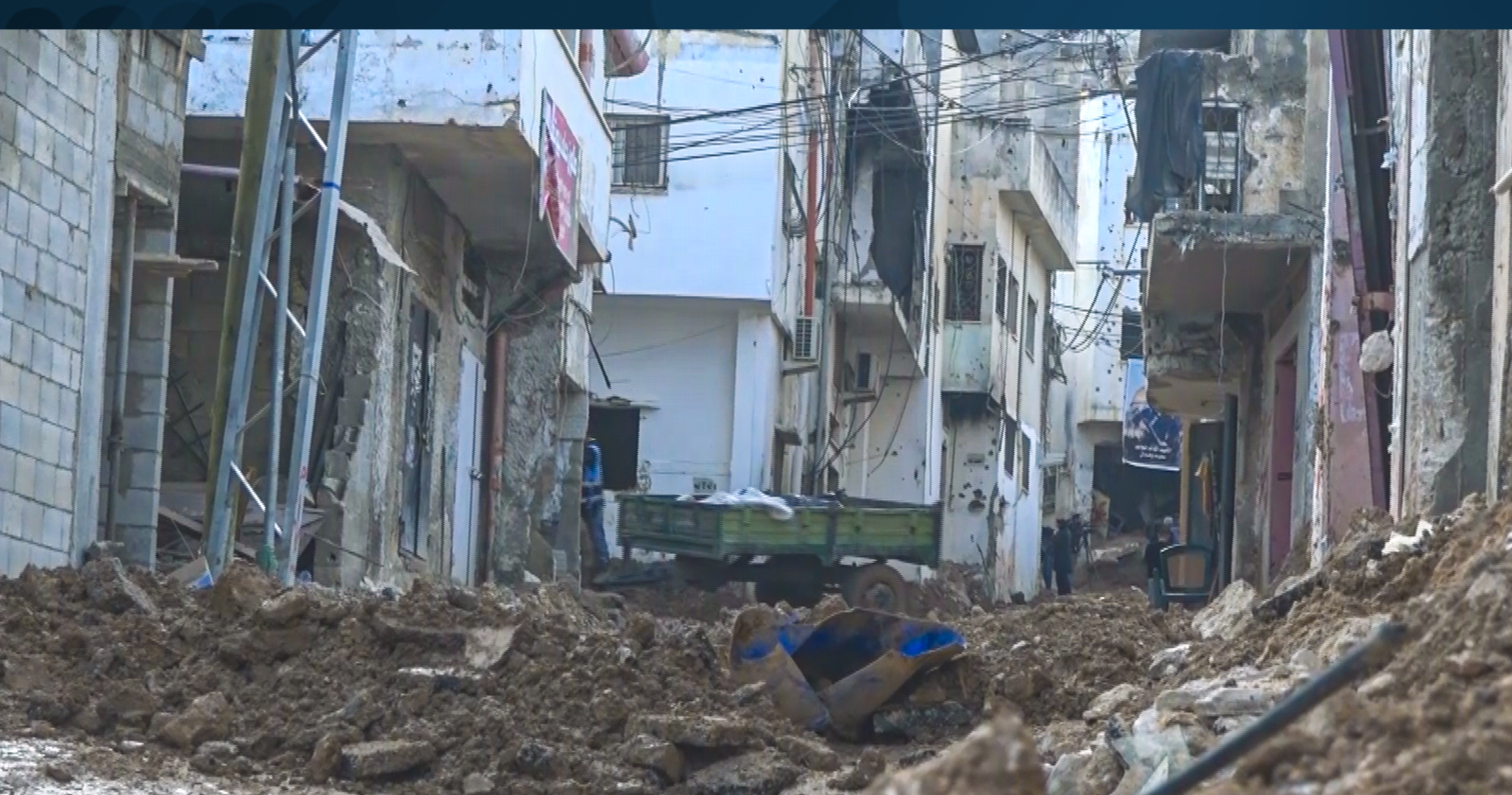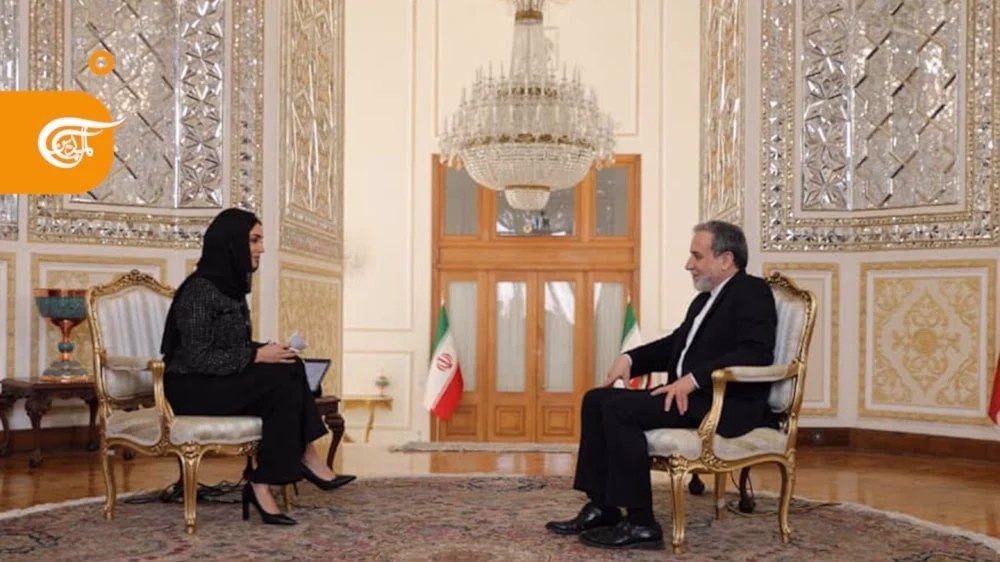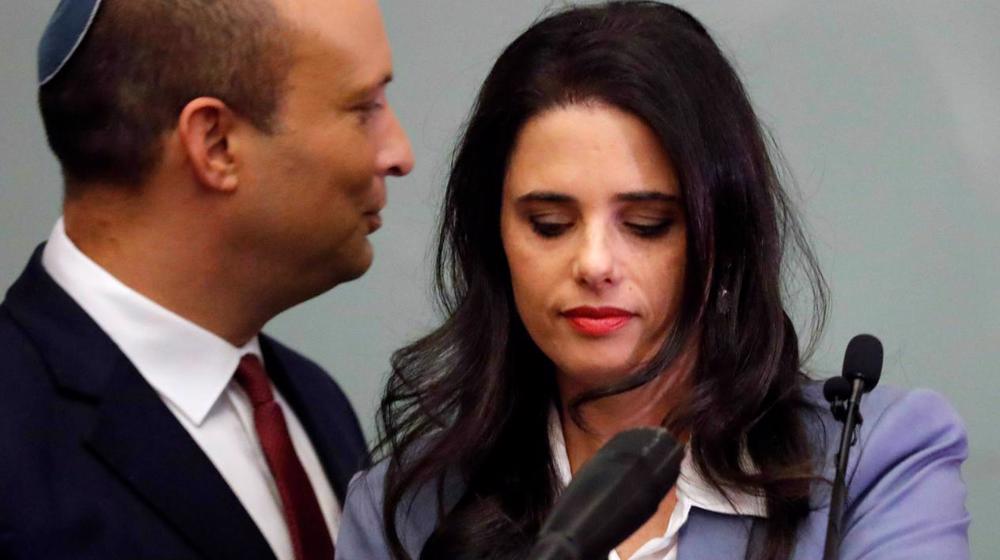UN slams Israel over human suffering in Gaza war
A highly anticipated United Nations report on the latest war on Gaza has decried as “unprecedented” the devastation and human suffering left behind by Israel's 2014 attack on the enclave.
“The extent of the devastation and human suffering in Gaza was unprecedented and will impact generations to come,” said a statement on Monday by the Commission of Inquiry on Israel's Gaza war in 2014.
More than 2,140 Palestinians, most of them civilians, were killed during 51 days of Israel’s war on Gaza last summer. According to estimates, a third of the civilians killed were children.
This as at least 73 Israelis - nearly all of whom soldiers - were killed during the offensive.
The UN report further denounced the “huge firepower” used in Gaza, saying Israel launched more than 6,000 airstrikes and fired 50,000 artillery shells on the besieged enclave.
It said hundreds of Palestinians were killed in their own homes, showing that Israelis were not so much concerned about the fate of the civilians in their airstrikes.
“The fact that Israel did not revise its practice of airstrikes, even after their dire effects on civilians became apparent, raises questions of whether this was part of a broader policy which was at least tacitly approved at the highest level of government,” the statement said.
The report said that 742 people lost their lives in the attacks that targeted families living in residential buildings. At least 142 families lost three or more members in the attacks, it said.
As part of the probe, the UN investigators interviewed a member of the Al Najjar family who lost 19 of his relatives in an attack in Khan Younis on July 26.
“We all died that day, even those who survived,” said the Palestinian survivor.
The Commission, led by the New York judge Mary McGowan Davis, also regretted that a sense of “impunity prevails across the board for violations ... allegedly committed by Israeli forces, whether it be in the context of active hostilities in Gaza or killings, torture and ill-treatment in the West Bank.”
Elsewhere in the report, the commission said it had gathered "substantial information pointing to the possible commission of war crimes by both Israel and Palestinian armed groups."

According to prior schedules, the UN report on the Gaza war had to be published during the Human Rights Council's main annual session in March, but it was delayed after the head of the investigation team was forced to step down under pressure from Israel.
Israel even called on the inquiry to be shelved, saying that the commission and its superior body, the Human Rights Council, were inherently biased against Tel Aviv.
Israelis repeated the allegations of bias on Monday, calling the UN report as politicized and flawed.
“It is well known that the entire process that led to the production of this report was politically motivated and morally flawed from the outset,” said a statement from Israel’s Foreign Ministry, branding the UN Human Rights Council “a notoriously biased institution.”
Responding to claims of killing families almost deliberately, the Tel Aviv statement denied any wrongdoing, saying its military acted professionally.
“In defending itself against attacks, Israel's military acted according to the highest international standards,” it said, adding, “This was confirmed by a comprehensive examination by Israeli military and legal experts, as well as reports produced by internationally renowned military professionals.”
Also responding to the report, Palestinian resistance movement Hamas rejected accusations that it may have committed war crimes during its response to the Israeli aggression.
Hamas said its rockets and mortars were aimed at Israeli military sites and not civilians. It also criticized the UN investigators for a false balance between victims and killers.
The Palestinian resistance movement, however, welcomed the "condemnation" of Israel in the report.
"Hamas welcomes the report's condemnation of the Zionist occupier for its war crimes during the last war against Gaza," said Fawzi Barhum, a spokesman for the Islamist movement that rules the Palestinian enclave.
In Ramallah in the occupied West Bank, a senior official from the Palestine Liberation Organization said the report reinforces "our will to go to the International Criminal Court."
MS/NN/HMV
Nov. 21: ‘Axis of Resistance’ operations against Israeli occupation
VIDEO | Israeli forces storm West Bank’s Jenin again, target civilians
Iran activates advanced centrifuges after IAEA's 'unjust' resolution
VIDEO | Press TV's news headlines
Iran FM: Response to Israeli aggression 'inevitable'
VIDEO | Iran eases the rules for exporting hand-woven carpets
VIDEO | Intl. Day for the Elimination of Violence against Women: A stark reminder of Gaza women
Australia denies ex-Israeli minister Shaked visa










 This makes it easy to access the Press TV website
This makes it easy to access the Press TV website